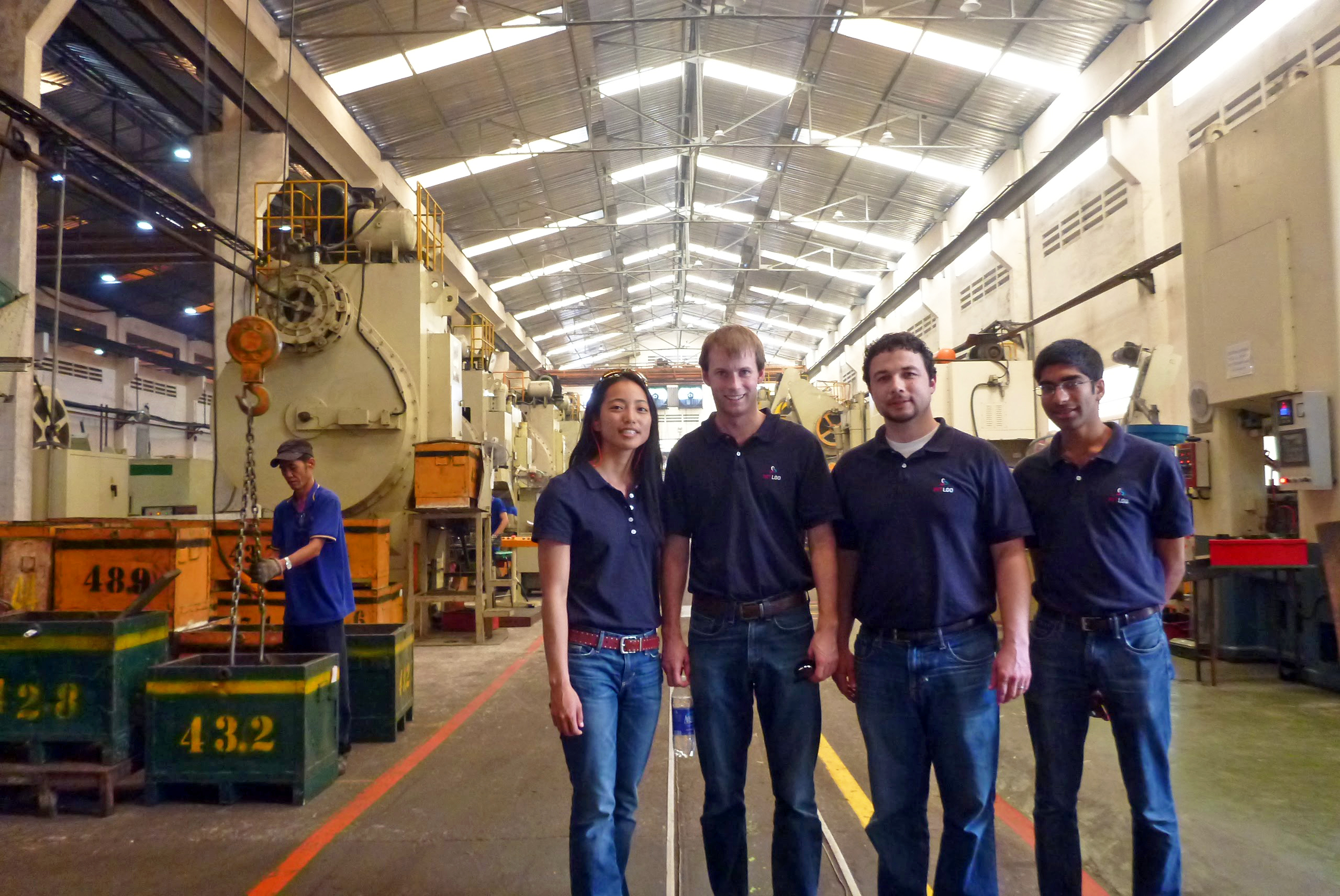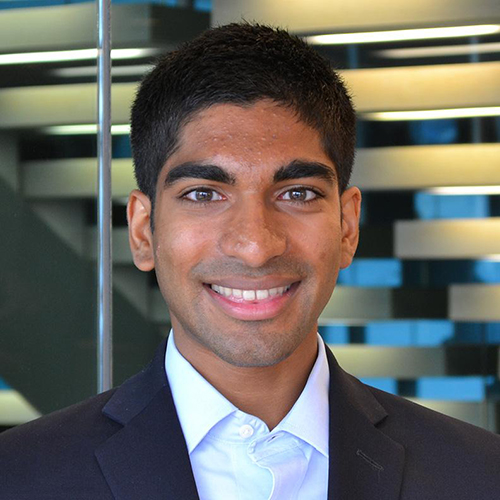Young Alumnus Leader Joins MIT Corporation
-
-
slice.mit.edu
- 2
Filed Under
Recommended

Caption: Vrajesh Y. Modi (right) and classmates consult at a Taiwanese company in Vietnam.
“It was first semester freshman year. The class was called Solving Complex Problems and when you come to MIT that’s exactly what you are hoping to learn to do—solve problems that no one has solved before.”
MIT taught Vrajesh Y. Modi ’11, SM ’15, MBA ’15 to solve complex problems both through his undergraduate double major in Course 2 and 15 and through the Leaders for Global Operations (LGO) program, and now he’s returning the favor as the newest young alumni member of the MIT Corporation. “I didn’t realize how much MIT would end up being a part of my life. When I came onto campus there was something inside me that clicked and said ‘this is the right place for you.’”
 In class, Modi thrived merging theory and practice and after interning at General Electric for two summers, it was an MIT alum who opened his eyes to a new application for his passion for problem-solving. “I remember going to an event my junior year and I met Raja H.R. Bobbili ’08, a young alumni corporation member. And he was the one who originally got me thinking about consulting even though I thought of myself as an engineer.”
In class, Modi thrived merging theory and practice and after interning at General Electric for two summers, it was an MIT alum who opened his eyes to a new application for his passion for problem-solving. “I remember going to an event my junior year and I met Raja H.R. Bobbili ’08, a young alumni corporation member. And he was the one who originally got me thinking about consulting even though I thought of myself as an engineer.”
After a summer at McKensey & Company testing out consulting, he was hooked. Modi got a job at The Boston Consulting Group where he worked for two years as an associate before returning to MIT in the LGO program where Modi says he gained new perspective on leadership and a huge amount of appreciation for running a large organization.
“Engineering is about solving problems and what I do every day at work is solve problems. Where the MIT and engineering approach to problem solving comes in is the fact that the problems that you’re solving both in engineering and consulting are complex, they’re problems that have no clear answer and they have no simple answer and they have no clear dimensions to them. So when you try to solve it in one way you end up making a different part of the problem worse. But, for MIT people, that’s where it gets really exciting, you have to come up with new ways of thinking.”
And Modi is already applying this same mindset to his role on the Corporation, a position that started July 1. “One of the main challenges is thinking longer term, not even focusing on one year or five years but thinking what is MIT going to be like in 20 or 50 or in 100 years and how does what I’m hearing today fit into that larger picture. It is important for me to really build the relationships that are going to help me understand that.”
During his first stint at the Institute, Modi was very involved with the Undergraduate Association where he eventually served as president, among other roles, and was the primary author of the MIT Faculty Newsletter article on student engagement. “Being in student government and seeing how MIT worked really got me interested in being a corporation member,” says Modi. “It seemed like being on the corporation offered an opportunity to really give back to MIT and help MIT think about some of these longer-term questions that are so important.”








Comments
Emil Friedman
Wed, 08/24/2016 11:19am
"Teach" may be the wrong word here. I remember being given many problems to solve and figuring out how to solve them. In other words, MIT gave us a lot of *practice* in solving problems and such practice is more effective than being "taught" how to solve them.
Then again, thinks may have changed a lot since 1964-68.
Judith Ronat
Wed, 08/24/2016 8:11am
Pardon my questioning, but alumni is plural. What is it doing in this heading?
Shouldn't it be alumnus?